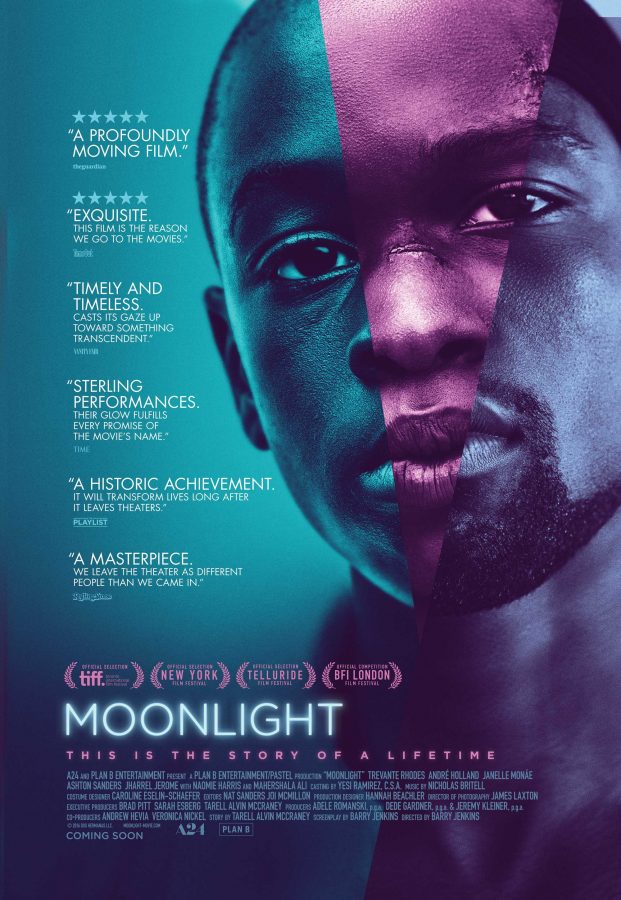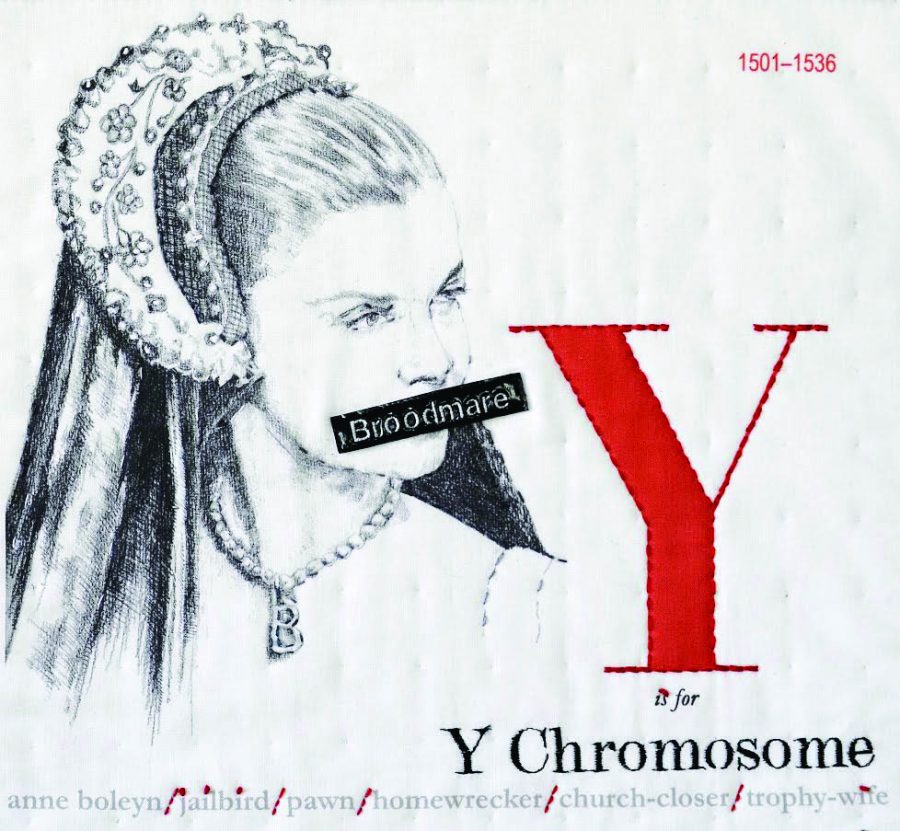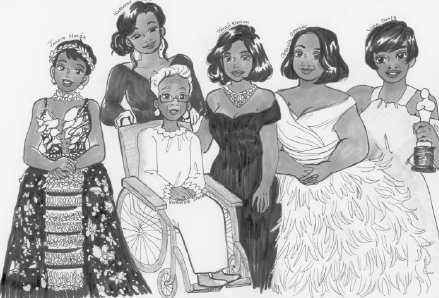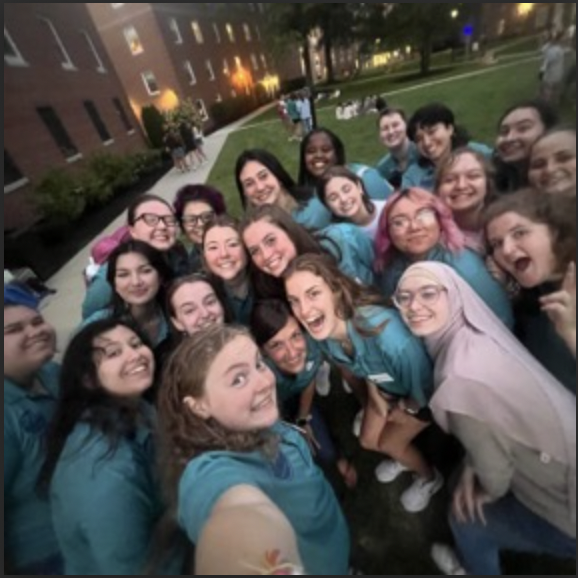How many ‘last straws’ can there be?
It seems every time Greek life is mentioned in a headline, it’s never good news. At Georgia Tech, a frat brother sent around an email guide called “Luring your rapebait.” Police in Pennsylvania are investigating Penn State’s Kappa Delta Rho for allegedly operating two private Facebook accounts that included nude pictures of unconscious women. In 2010, fraternity brothers at Yale University marched through campus yelling, “No means yes, yes means anal.” Most recently, the members of University of Oklahoma’s Sigma Alpha Epsilon (SAE) chapter were caught on tape singing along to a racist song.
Each time a controversy having to do with fraternities is brought to light, no one seems to be shocked. It’s not far fetched to say that these organizations are methodically, pathologically misogynistic and racist. Maybe it’s time we ask the question: should fraternities be banned?
Taking a look at the statistics, it’s no coincidence that bad things happen within fraternities. Numerous studies have found that men who join fraternities are three times more likely to rape, that women in sororities are 74 percent more likely to experience rape than other college women, and that one in five women will be sexually assaulted in four years away at school.
Some research suggests that fraternity house environments contribute to the problem of rape. Fraternities’ group norms and attitudes toward women and sex have led to this rape culture environment. Individual fraternity men are more likely to display objectifying images of women in their rooms, have supportive attitudes about rape, and believe women want to engage in rough sexual acts even if they act disinterested.
The recent incident with SAE is far from the only Greek life incident involving racism. This week, a fraternity pledge book filled with racist and sexually explicit comments was found in a restaurant near North Carolina State. The book contained references to rape and lynching, leading to the suspension of the Pi Kappa Phi fraternity. SAE members at the University of Washington were also accused of calling students monkeys and apes at a protest last month to raise awareness about racism, according to Maggie Negussie, the president of the College’s Black Student Union.
And let’s not forget about Arizona State University’s Tau Kappa Epilson (TKE) throwing a “thug party” on Martin Luther King day, which featured the frat brothers dressed in what they interpreted as thug attire, drinking alcohol from hollowed-out watermelons, and flashing gang signs. Before this incident, frat members were also suspected of beating a black student on campus.
Not only do fraternities engage in sexist and racist behavior, but the hard-partying culture of fraternities also pose a dangerous risk. There has been at least one hazing-related death on a college campus each year since 1970. Last week, a University of Southern California frat was suspended after a member was found dead early Wednesday morning. In 2013 Boston University also suspended a frat following the death of a student at a frat party in Allston.
While 44 states currently have anti-hazing laws, it is a “tradition” that continues to run rampant in some universities and can have deadly results. Last summer, Armando Villa died of heatstroke after he and a group of pledges to California State University Northridge were left blindfolded without cellphones and very little water in Angeles National Forest. Chun “Michael” Deng was killed in 2013 after being blindfolded and forced to carry a backpack filled with 20 pounds of sand. Deng fell after being pushed by a frat brother and wasn’t given medical assistance for two hours, resulting in his death two days later. There have also been dozens of cases of death by alcohol poisoning at fraternity events within the past ten years.
According to the Harvard School of Public Health’s College Alcohol Study, 75 percent of students living in fraternity and sorority houses were heavy drinkers, compared to 45 percent of students who lived in non-Greek housing and 35 percent of the overall student population.
It’s no use trying to fix something as broken as Greek life across college campuses. Banning Greek life in its entirety might seem impossible due to the organizations’ long history within college culture, as well as the support they garner from powerful alumni but if rape and racism aren’t the final straw to stop fraternities in their tracks, what will be?




















